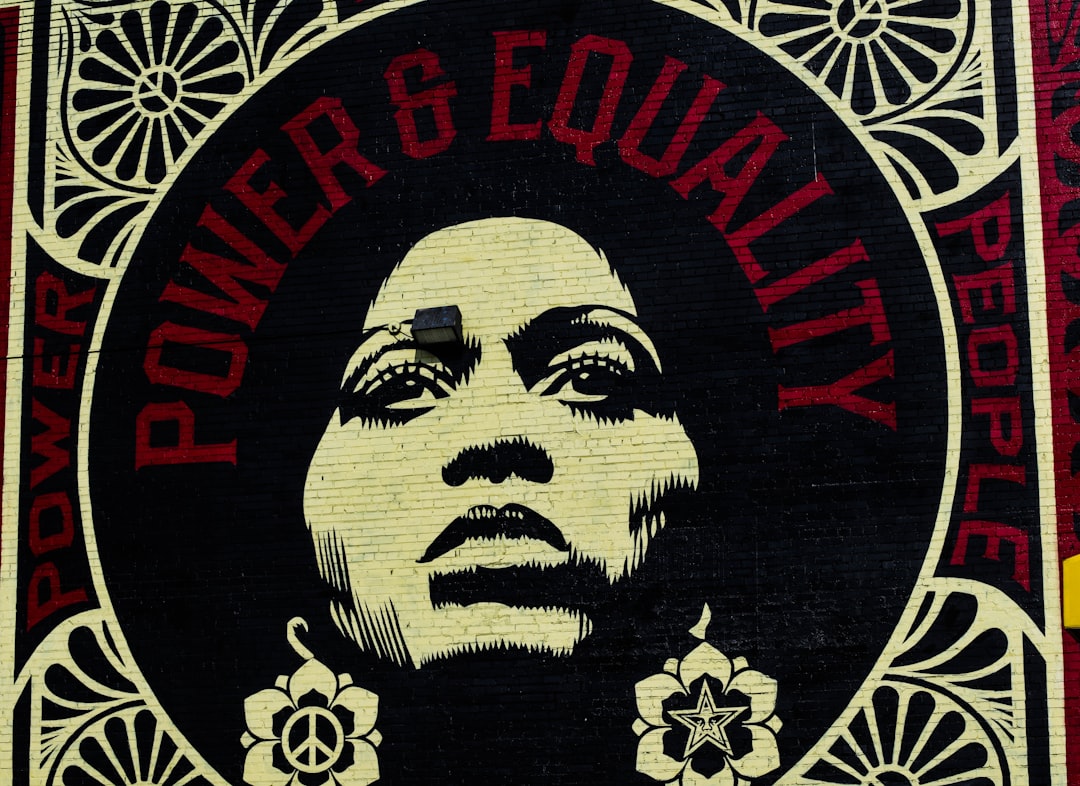What is it about?
How does the governance of smart cities negotiate with the politics of urban informality? Smart cities in India are being built and managed by public-sector companies set up as special-purpose agencies. However, it remains questionable to what extent this corporatized approach to managing cities is useful for the urban poor in the informal economy. Representative electoral democracy in municipal governments is a useful platform for the urban poor to negotiate their claims with political actors. When companies are in charge of managing urban services, the scope for such negotiations decreases.
Featured Image
Why is it important?
Informal sector economic activities are ubiquitous in developing country cities and provide livelihoods to most people. The survival politics of urban poor necessitate forming close ties with political actors. But such links get disrupted if cities are managed in a corporatized way. There is little research about how the ongoing thrust on smart cities is going to impact them. This article discusses governance implications for the informal sector based on Indian experience.
Perspectives
A depoliticized approach of governing smart cities through special-purpose vehicles can in the long run become detrimental to the urban poor.
Dr Tathagata Chatterji
Xavier Institute of Management
Read the Original
This page is a summary of: Challenges of urban informality in Indian smart cities, Dialogues in Human Geography, November 2023, SAGE Publications,
DOI: 10.1177/20438206231217564.
You can read the full text:
Contributors
The following have contributed to this page










